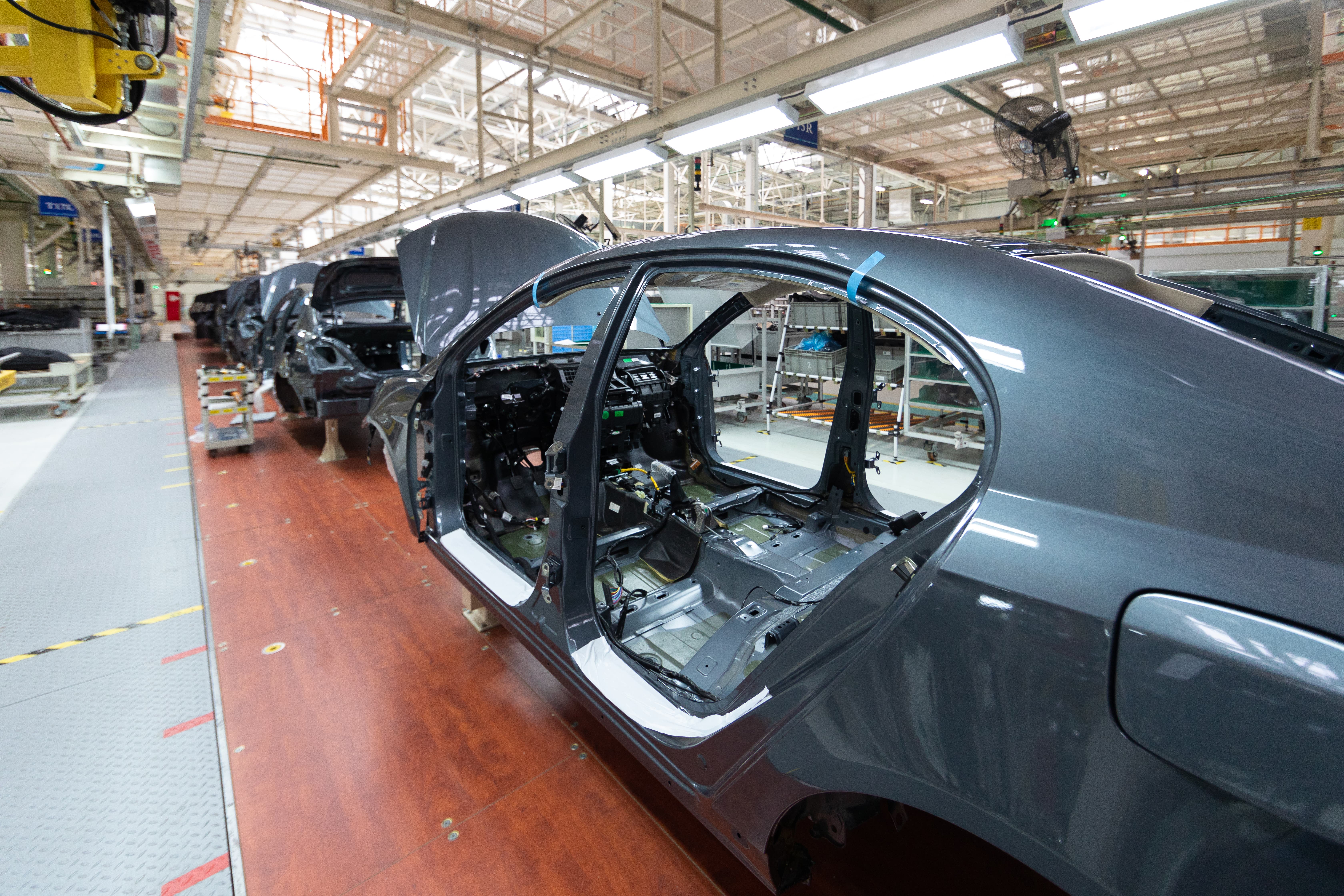Microsoft is introducing an AI-powered auto-categorisation feature to the Photos app on Windows 11 for all Insider channels. The update automatically sorts images into screenshots, receipts, identity documents, and notes, making managing large photo libraries easier.
The feature is language-agnostic, recognising document types regardless of language, and aims to save time and reduce clutter.
Photos that match the AI model are grouped automatically, but users can browse categories via the app’s navigation or Search bar and manually reassign images if needed. The update adds Super Resolution to Copilot Plus PCs, enhancing low-resolution images with advanced AI.
Microsoft has included other unspecified fixes and improvements in the update, ensuring overall app performance is optimised. The company emphasises that the rollout may be gradual, so some features appear later for certain Insider users.
To access the new features, users must update the Photos app to version 2025.11090.25001.0 or higher via the Microsoft Store. The enhancements are part of Microsoft’s ongoing effort to make Windows 11 more intuitive, efficient, and AI-driven for everyday tasks.
Would you like to learn more about AI, tech and digital diplomacy? If so, ask our Diplo chatbot!










